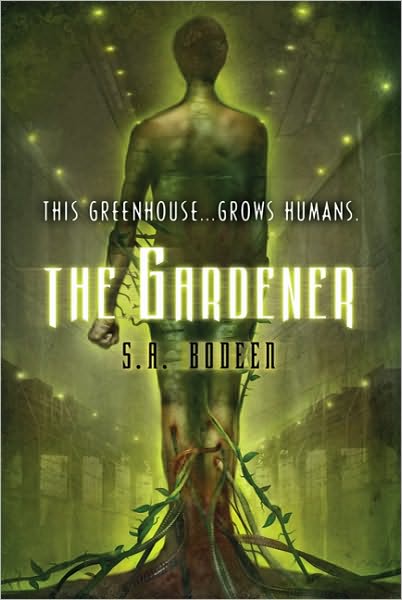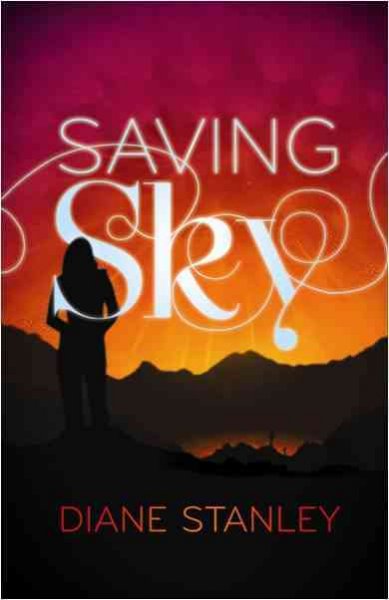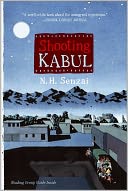The main character, Gopal, and his family live in India, on a farm. However, times have gotten tough and they are forced to sell their farm, but finances just keep getting worse. Gopal's parents owe a lot of money to a debt collector, and they decide that the only way to liberate themselves is to move away in secret, to the big city of Mumbai. Gopal's father has a brother there, and he says that he can secure work for Gopal's father, Baba.
The family journeys to Mumbai, and ultimately connects with the uncle, Jama. However, before meeting him, Baba disappears and Gopal, his mother, and twin brother/sister are left to fend for themselves. Gopal longs to make money and be able to contribute to his family's expenses and to thank Jama for his hospitality.
So, when Gopal meets a boy named Jatin who claims he can secure Gopal a job at his "uncle's factory", it sounds like perfection. Gopal soon learns that Jatin is a liar, and finds himself enslaved under a nameless man - whom he nicknames "Scar" - working his days away for little food with a group of other, nameless boys. Over time, Gopal becomes a sort of leader among the other slaves, and they look to him for advice, entertainment, and kindness.
The conditions Gopal and his fellow laborers work under are horrendous, and he vows to get out. Will he?
One of my biggest complaints about the novel is that it moves really slowly - everything seemed to be kind of drawn out and there was not a lot of action. Also, Baba disappears in the beginning and I was waiting for the ENTIRE novel to find out what happened to him, but never received that satisfaction...it really annoyed me!
I have one more JBA nominee to read, but there's only one day of school left...guess I won't be meeting my goal this year! :(





 .
. 



